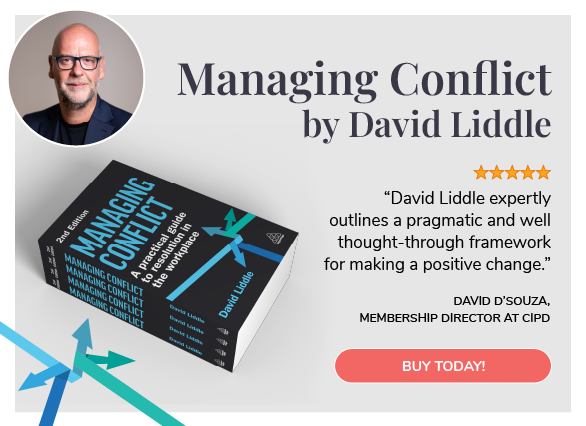
Share article:
Tags:
At our recent investigations and audit services conference, we were very lucky to be joined by Davinder Sandhu, Head of Learning & Development at UNISON.
During her presentation, she spoke on guiding participants through the investigation process and maintaining calm. Trade unions are a key pillar of support for participants, bringing another layer of scrutinising knowledge to the forefront. As accredited bodies with the Employment Relations Act, refreshed by regular training every five years, holding significant experience in discrimination and grievances, and adhering to GDPR confidentiality regulations, trade union representatives are an important body.
Based on her experience as Head of Learning & Development, Davinder shared her expertise, offering crucial pointers:
- Be an active listener.
- Ask open-ended questions.
- Use positive and open body language.
- Repeat back what you’re hearing back to the interviewee.
- Be receptive to nonverbal clues. shaky hands, excessive sweating.
- Refrain from passing judgement.
- Avoid sharing past successes with participants to prevent false hope.
- Be thorough in your explanation. the process, timescales, the scope of your role.
During the process, Davinder suggests:
- Taking short breaks if the participant is visibly tense and under pressure.
- Putting the participant at ease.
- Use breathing techniques if tension escalates.
- Check your own body language
After the process, make sure to:
- Have a cup of tea with the participant to calm any postponed nerves.
- Check that they get home.
- Set clear boundaries about your availability for ongoing support.
- Manage your own time, health, and wellbeing.
Investigations are complex, challenging, and emotionally taxing. Support your participants, but make sure to also support yourself. People tend to mirror others’ visible emotional cues as a reflection of human nature, so by keeping calm, you will more than likely help the party to relax.
“Irrespective of your role in the investigation, it should be conducted, fairly, objectively, and thoroughly. We all have a bias, but the important part is understanding this and not letting it affect our judgement.”
A Chance to Catch Up
Missed our investigations conference, but looking to catch up? Great news- we recorded the session, which can be viewed below (or here):








